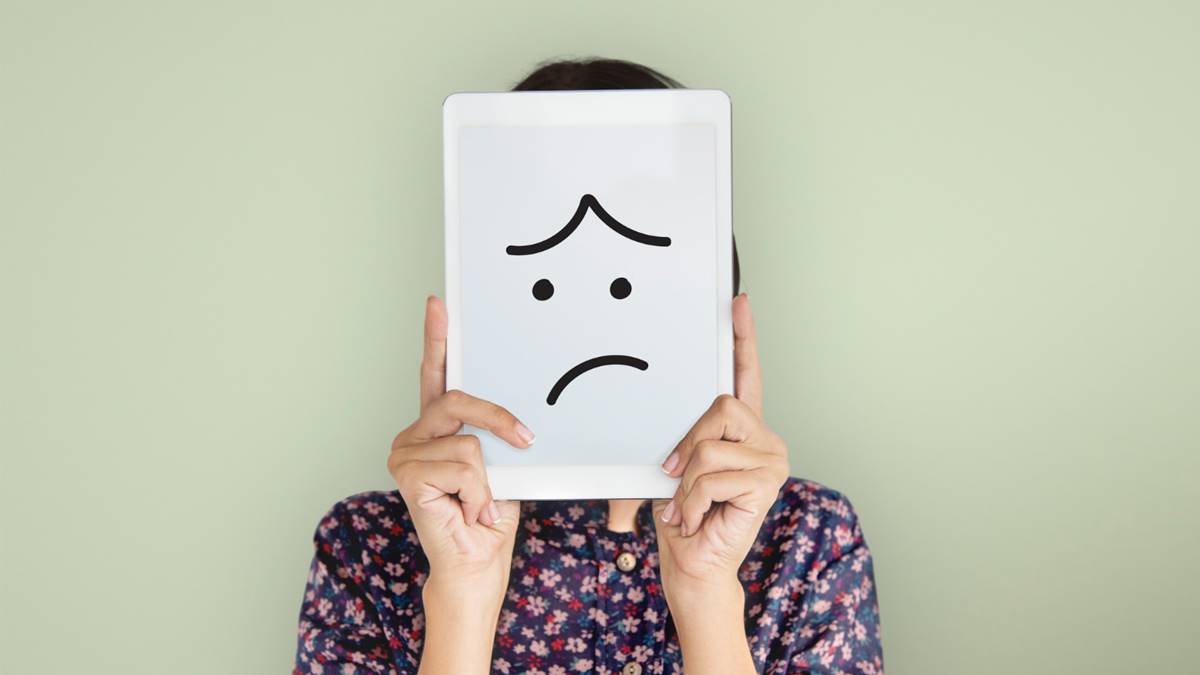Depression is a complex mental health disorder that affects millions of people worldwide. It’s often associated with emotional symptoms like sadness, hopelessness, and a lack of interest in life. However, depression can also manifest physically, and sometimes, the signs are visibly reflected on the face. Recognizing these signs can be crucial for early intervention and support. This article explores the facial signs of depression, how they manifest, and the importance of understanding these physical expressions in the broader context of diagnosing and managing depression.
Understanding the Facial Signs of Depression
Depression can lead to noticeable changes in one’s facial expression and overall appearance. These changes are often subtle but can provide key insights into an individual’s emotional state. Here are some of the most common facial signs of depression:
1. Reduced Eye Contact
One of the most noticeable signs of depression is the avoidance of eye contact. People suffering from depression often find it difficult to maintain eye contact during conversations. This can be due to feelings of shame, guilt, or a general withdrawal from social interactions.
2. Dull or Flat Expression
Known clinically as a “flat affect,” this refers to a lack of emotional expression. Individuals with depression may have a face that appears flat or expressionless, with minimal facial movements. This lack of expressiveness should not be confused with disinterest; it is a manifestation of the inner emotional turmoil.
3. Frowning and Furrowed Brows
Chronic sadness or worry can lead to visible signs like frowning or furrowed brows. Over time, these expressions can become somewhat permanent, reflecting a person’s internal struggle.
4. Tired Appearance
Depression often disrupts sleep patterns, leading to insomnia or excessive sleeping, both of which can result in a tired appearance. Signs include droopy eyelids, dark circles under the eyes, and a generally lethargic expression.
5. Neglect in Personal Grooming
While not limited to the face, a noticeable decline in personal grooming and hygiene can be a sign of depression. This might manifest as unkempt hair, a disregard for makeup, or a general lack of attention to personal appearance.
6. Forced Smiles
Smiles that do not reach the eyes, often known as “Duchenne smiles” or “fake smiles,” can be a sign of depression. These smiles are typically less intense and shorter in duration than genuine smiles.
The Importance of Recognizing These Signs
Recognizing the facial signs of depression is important for several reasons:
- Early Intervention: Early detection of depression can lead to timely intervention, which is crucial in managing the disorder effectively.
- Understanding and Empathy: Recognizing these signs in others can foster understanding and empathy, encouraging supportive interactions and potentially prompting discussions about mental health.
- Self-Awareness: For individuals, recognizing these signs in themselves can be the first step towards seeking help.
Conclusion
Facial signs of depression are just one component of a complex condition. While recognizing these signs can be helpful, it’s important to consider them within the broader context of other symptoms and behaviors. Depression is a treatable condition, and understanding the full range of its manifestations—including those that appear on the face—can improve outcomes through early and effective intervention. If you or someone you know is displaying these signs, it is advisable to seek professional help from a mental health expert. Depression is a serious but manageable condition, and with the right support, individuals can regain their well-being and quality of life.
Source of our article: https://powertechmagazin.hu/depresszio-jelei-az-arcon-mikor-mutatja-meg-magat-a-banat/
You can read more interesting articles in Hungarian in the health and fitness section of powertechmagazin.hu
